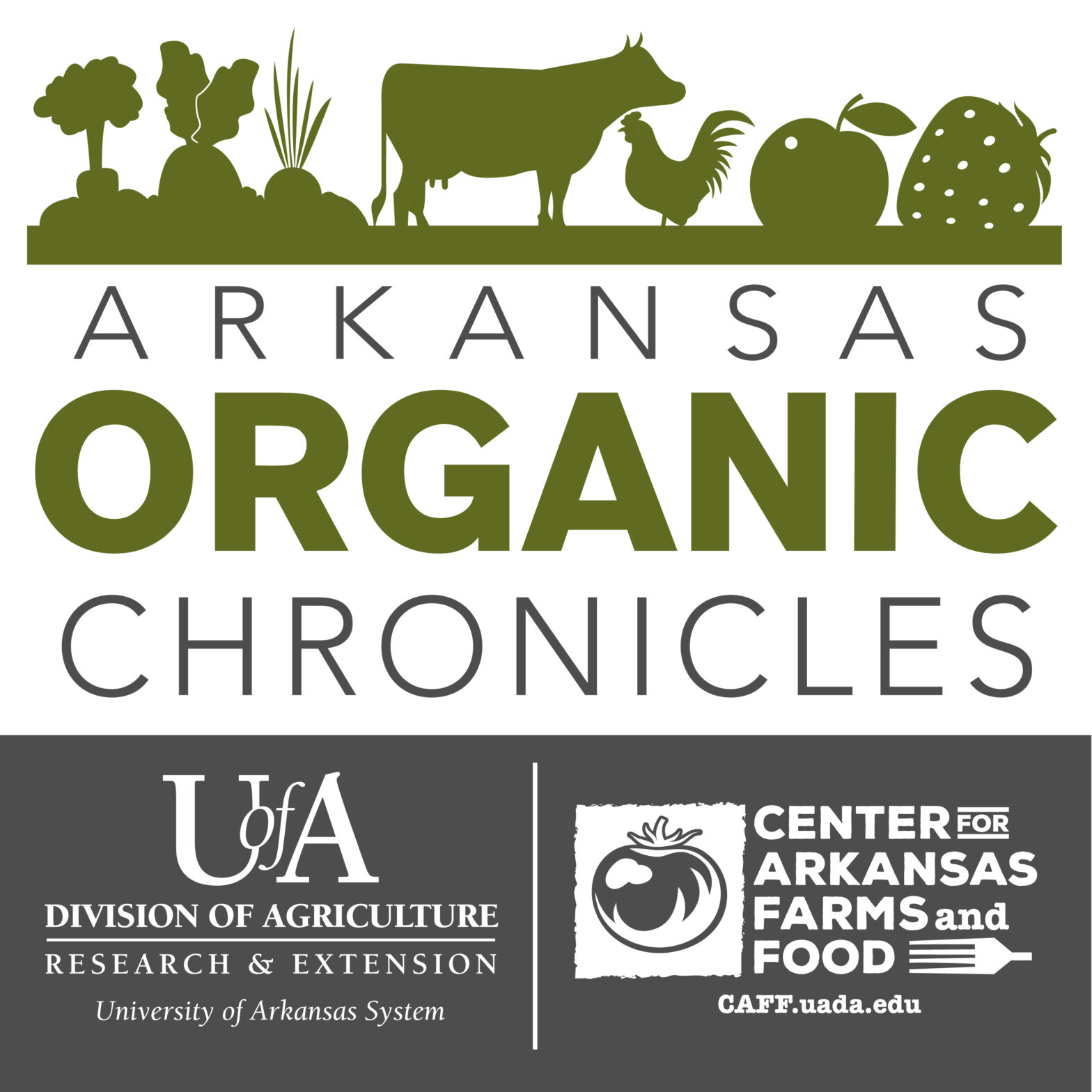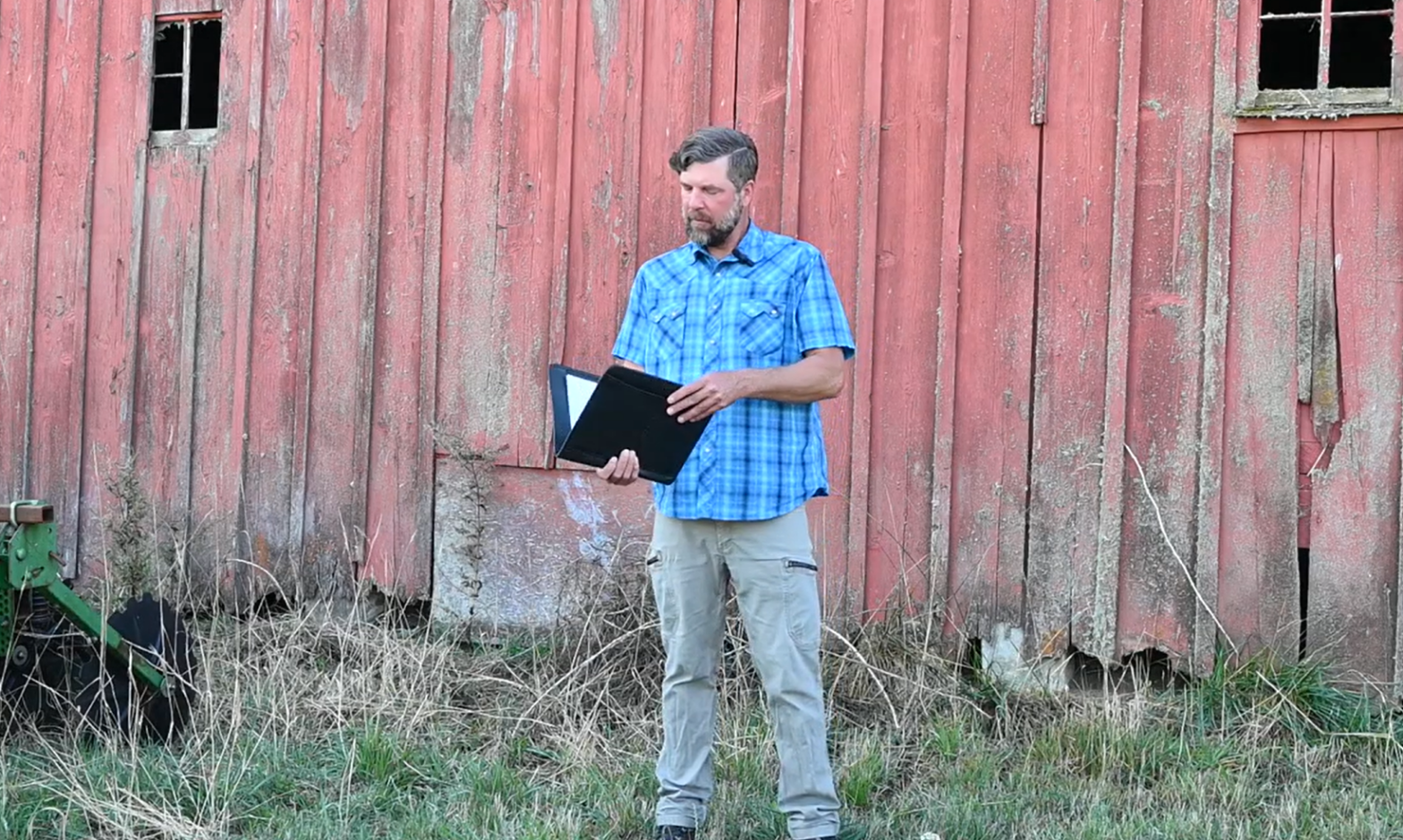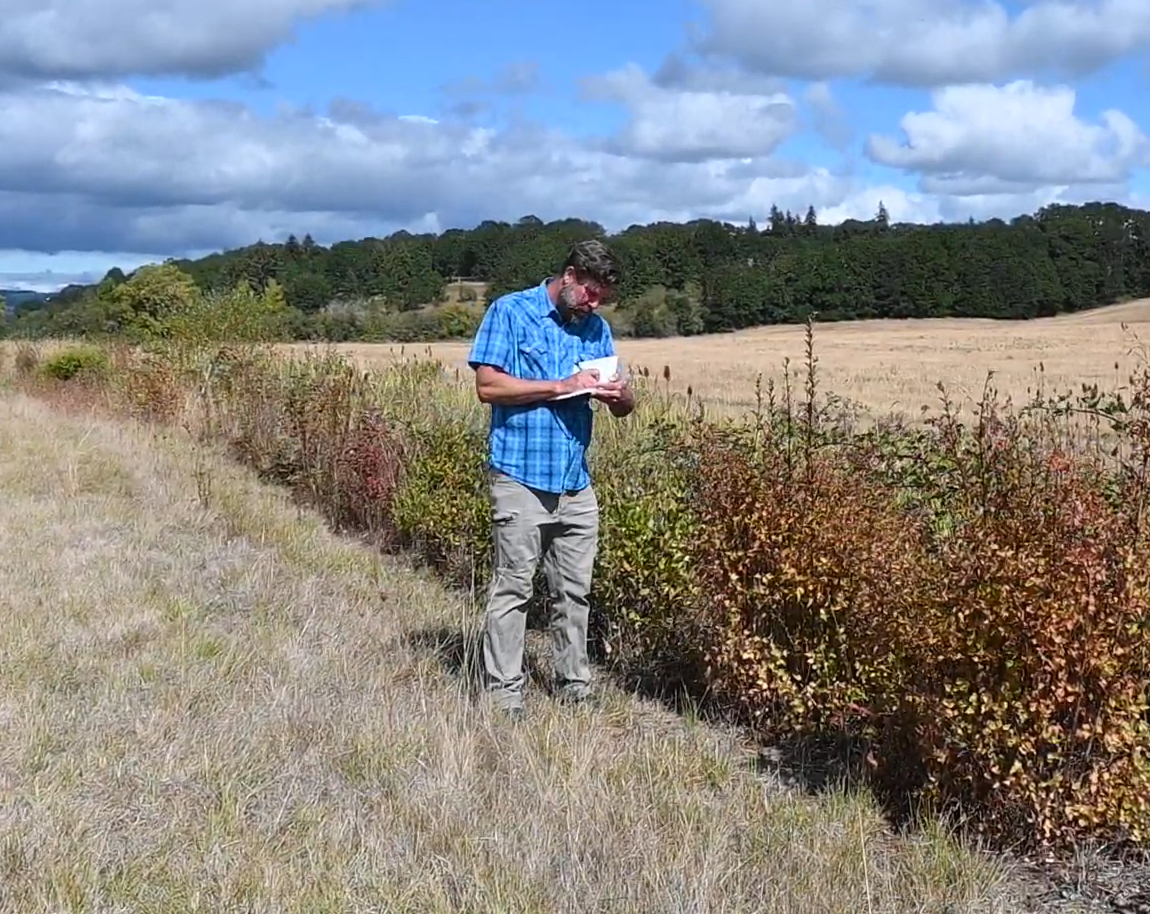A 2-page introductory guide that outlines the basic steps to becoming certified organic for crops. This resource is intended for producers new to and/or curious about organic certification.
Resources Category: Recordkeeping for Organic Certification
USDA GAP-Organic Crossover Guide
A 5-page guide explaining the major similarities and differences between the requirements for USDA Organic certification vs USDA Good Agricultural Practices (GAP) certification.
Arkansas Organic Chronicles Podcast Live Q & A with Luke and Joe – Recordkeeping for Seeds & Transplants (Center for Arkansas Farms and Food)
Today we are talking about organic records for seeds and transplant media and talking cover crops.
Organic Recordkeeping Templates (Grand Traverse Conservation District-Michigan)
Organic Recordkeeping (Grand Traverse Conservation District-Michigan)
Learn about key components of organic recordkeeping and how to be prepared for an organic inspection.
Organic Seed Search Requirements (Center for Arkansas Farms and Food)
Joe from the Center for Arkansas Farms and Food (CAFF) reviews the recordkeeping seed search requirements for crops planted each year.
Organic Recordkeeping: Seed Records (Center for Arkansas Farms and Food)
Joe from the Center for Arkansas Farms and Food (CAFF) reviews the recordkeeping requirements for seed records on organic crop farms. Learn more about organic production at https://arkansasorganicag.uada.edu/ RESOURCES: LIST OF ORGANIC CERTIFIERS WORKING IN ARKANSAS: https://app.box.com/s/farfyllx6eig2h0… DOCUMENTATION FORMS FOR ORGANIC CROP AND LIVESTOCK PRODUCERS by Ann Baier, NCAT/ATTRA: https://attra.ncat.org/publication/do… GUIDE FOR ORGANIC CROP PRODUCERS… Continue reading Organic Recordkeeping: Seed Records (Center for Arkansas Farms and Food)
Spreadsheet Template for Recordkeeping
A spreadsheet template for recordkeeping, provided by certified organic small grains grower and NW TOPP Mentor, Pryor Garnett.
The Trail of Records Video Series
The Trail of Records Video Series provides an overview of the organic recordkeeping process for seeds, seedlings and planting stock; planting and production; input materials; harvest and storage inventory; and sales and transactions.
The Trail of Records: Recordkeeping Guide for Organic Crop Certification
This guide provides an overview of the required recordkeeping for certified organic crop operations broken down into the following sections: Seeds, Planting Stock, and Seedling Records Planting and Production Activity Records Input Material Records Harvest and Storage Inventory Records Sales and Transactions Records The guide includes recommendations for recordkeeping templates for each section.






